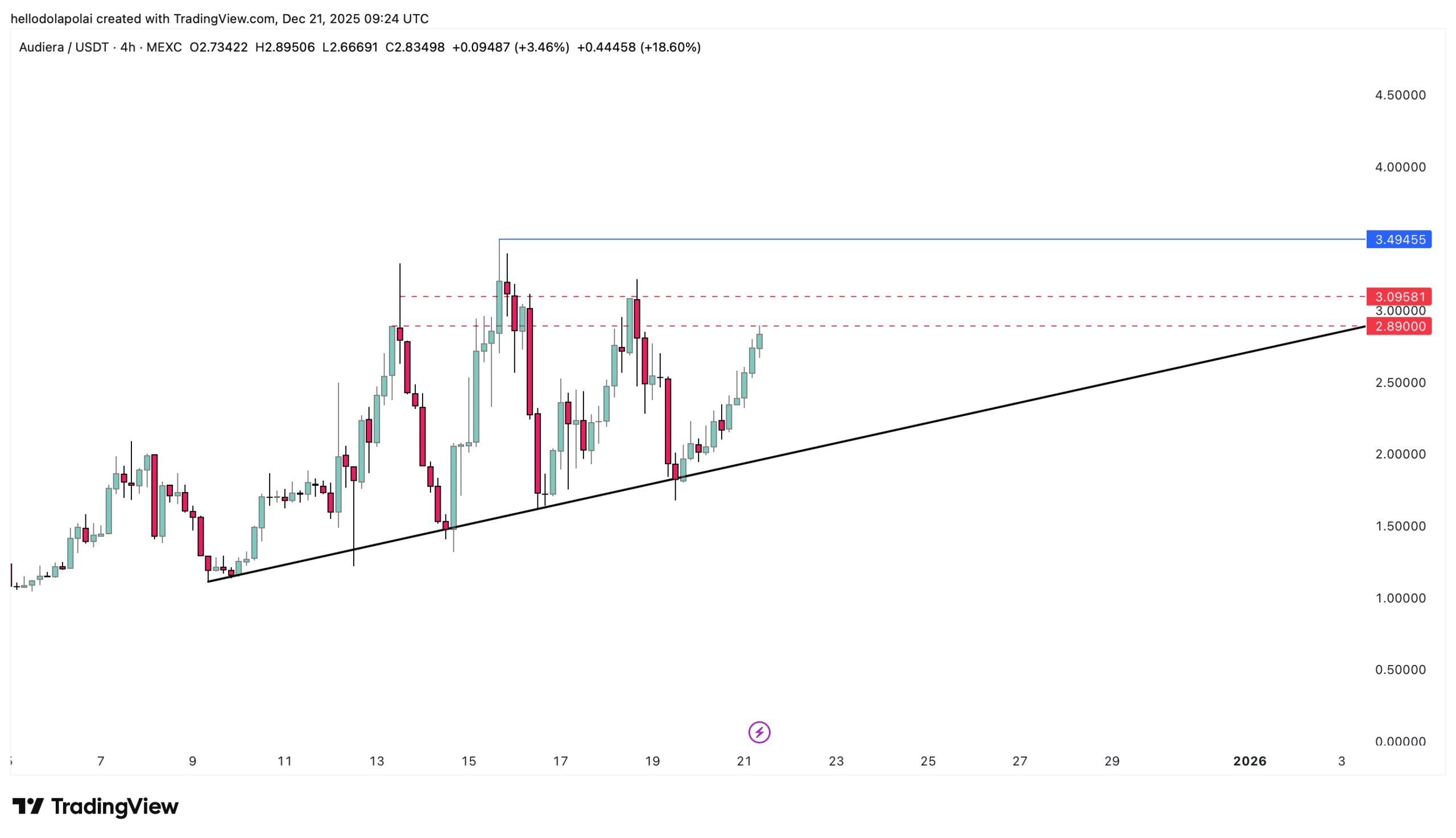- The SEC and CFTC are coordinating efforts to align crypto regulations and reduce overlap in oversight.
- The CFTC reported increased legal actions involving digital assets, signaling active enforcement.
- Debate continues over how tokenized securities should be classified, with differing views from legal and finance experts.
In a rare display of regulatory collaboration, the U.S. Securities and Exchange Commission (SEC) and the Commodity Futures Trading Commission (CFTC) held a joint roundtable for the first time in nearly 14 years. The session focused heavily on establishing clear crypto regulations, examining market structure, and identifying common ground in rulemaking. The roundtable marked a shift toward increased cooperation between the two agencies, which have historically maintained separate approaches to financial oversight.
Acting CFTC Chair Caroline Pham stated that past regulatory overlap caused confusion and hindered market participants. She said the lack of defined boundaries between the agencies created difficulties for the public. At the event, she confirmed that the two regulators are now aligning rules to reduce inefficiencies. Pham pointed to the SEC’s Project Crypto and the CFTC’s Crypto Sprint as examples of recent joint efforts. She emphasized that cooperation would reduce unnecessary costs, encourage responsible innovation, and support fair competition in the digital asset space.
CFTC Reports Increased Legal Activity in Crypto Cases
Addressing concerns over CFTC enforcement, Pham shared the agency’s recent legal activity. From January 20 to September 3, the CFTC completed 18 non-enforcement actions and 13 enforcement actions. She noted that several cases involved digital assets. Since September 4, the Commission launched an additional 14 legal proceedings. Pham stated these figures demonstrate that the CFTC remains active and effective in digital asset oversight. She said “there needs to be no more FUD” about the agency’s capabilities.
On the sidelines of the event, SEC Chairman Paul Atkins named crypto as the agency’s “top priority right now.” He identified asset tokenization as an area of focus. Atkins said it could take one to two years to create proper safeguards. He described tokenization’s long-term impact as significant. The SEC has already conducted several discussions this year aimed at harmonizing regulations for tokenized assets.
Token Classification Sparks Debate Among Panelists
At the roundtable, a panel on tokenized securities revealed sharp disagreements. Traditional finance executives pushed for strict fungibility rules under Regulation NMS and resisted innovation exemptions . Crypto attorney Gabriel Shapiro said tokenized securities should be fungible. Former regulatory adviser Justin Slaughter challenged the idea that these tokens are always derivatives.
He said they could represent either the asset itself or a digital model. Shapiro responded that unclear token structures, often created through SPVs, led to confusion. He pointed to native models like Superstate and MetaLeX as clearer alternatives. Executives from major platforms including Kraken, Robinhood, and Crypto.com joined panels on extended trading hours, prediction markets, and perpetual contracts.

